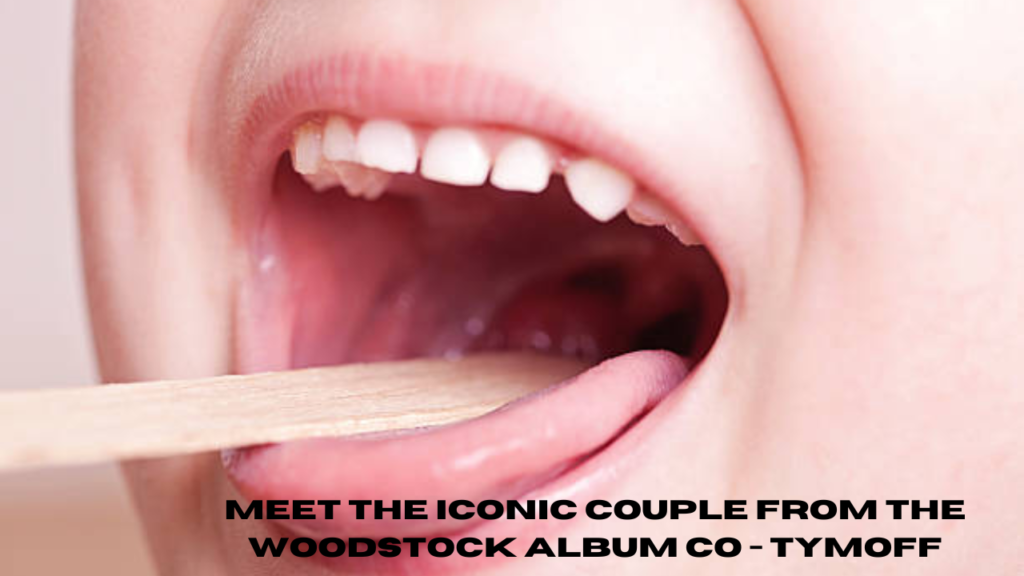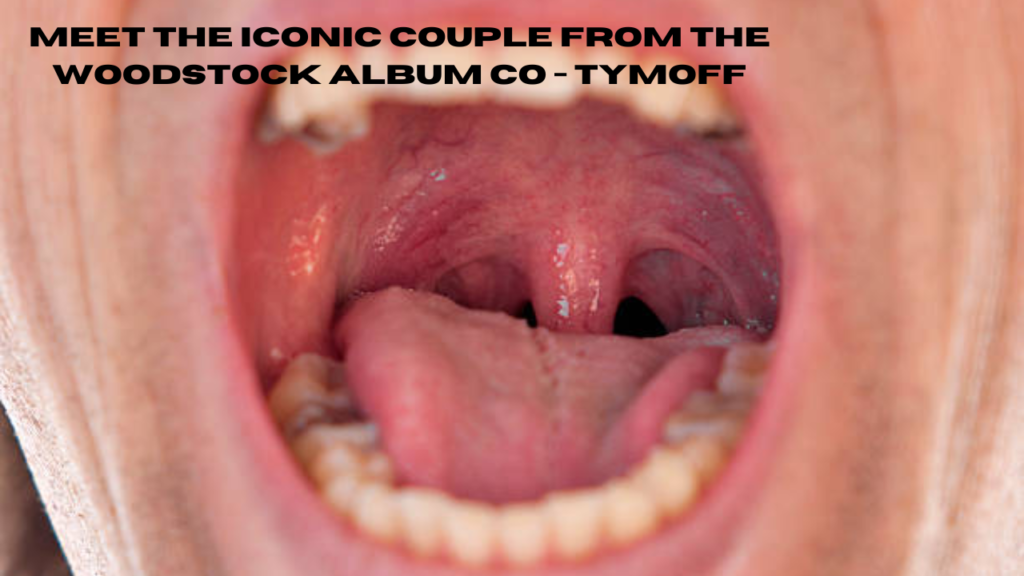Tonsillectomy is a standard surgical procedure to remove the tonsils, often due to chronic infections, breathing issues, or other medical concerns. However, many people wonder, can tonsils grow back after being removed? – Tymoff The answer is yes, but it is rare. Let’s dive deep into why and how this happens, signs to watch for, and what to do if you suspect your tonsils are regrowing.
Understanding Tonsillectomy
Tonsils are small masses of lymphoid tissue located at the back of the throat. They play a role in the immune system by trapping bacteria and viruses that enter through the mouth and nose. When tonsils become problematic due to frequent infections, swelling, or sleep apnea, doctors often recommend a tonsillectomy.
There are two primary types of tonsillectomy:
- Total Tonsillectomy: The entire tonsil tissue is removed.
- Partial Tonsillectomy (Intracapsular Tonsillectomy): A small portion of tonsil tissue is left behind to protect the throat muscles.
In some cases, if the tonsils are not entirely removed, they may grow back over time.
Why Do Tonsils Grow Back?
The regrowth of tonsils is uncommon, but it can happen under certain circumstances. Here are the primary reasons why:
- Remaining Tissue – If even a tiny portion of tonsil tissue remains after surgery, it has the potential to regenerate.
- Partial Tonsillectomy – This procedure leaves some tonsils intact, increasing the chances of regrowth.
- Natural Healing Process – The body’s natural ability to heal sometimes results in the regeneration of tissue, especially in young children.
- Scar Tissue Formation – Scar tissue can sometimes mimic the appearance of regrown tonsils, which is confusing.

Signs of Tonsil Regrowth
If you’ve had a tonsillectomy and are experiencing symptoms similar to those before surgery, you may be wondering, can tonsils grow back after being removed? – Tymoff Here are some signs that might indicate tonsil regrowth:
- Recurring Sore Throat – If your throat frequently feels sore or irritated, it could signify partial tonsil regrowth.
- Difficulty Swallowing – Regrown tonsils, though small, can cause minor obstruction in the throat, leading to discomfort when swallowing.
- Snoring or Sleep Apnea – Enlarged or partially regrown tonsils can obstruct the airway, leading to snoring or breathing difficulties during sleep.
- Tonsil Stones – If you notice white or yellowish debris in the back of your throat, it could be due to regrown tonsil tissue.
- Swelling in the Back of the Throat – If you feel or see any bumps where your tonsils used to be, it might indicate regrowth.
Who Is More Likely to Experience Tonsil Regrowth?
Certain factors can increase the likelihood of tonsil regrowth:
- Children and Young Teens – Their bodies heal faster and may regenerate tissue more efficiently.
- Partial Tonsillectomy Patients – Since some tissue is left behind, the chances of regrowth are higher.
- Individuals with Strong Immune Responses – Some people’s bodies may regenerate lymphoid tissue more actively than others.
Should You Be Concerned About Tonsil Regrowth?
For most people, minor tonsil regrowth does not cause problems. However, if you experience any of the symptoms mentioned above, it is essential to consult an ENT specialist. In rare cases, regrown tonsils may cause infections, breathing issues, or discomfort requiring further treatment.
Treatment for Regrown Tonsils
If a doctor confirms that your tonsils have partially regrown, treatment options may include:
- Monitoring – If no symptoms exist, your doctor may observe and track any changes.
- Medication – If infections recur, antibiotics may be prescribed.
- Additional Surgery – In severe cases where regrowth is causing significant issues, a second tonsillectomy may be necessary.
Preventing Tonsil Regrowth
While regrowth is not entirely preventable, specific measures can reduce the likelihood:
- Opt for a Total Tonsillectomy – If your doctor recommends, this procedure minimizes the chances of regrowth.
- Follow Post-Surgery Care Guidelines – Proper healing reduces the risk of complications and unnecessary tissue regrowth.
- Maintain Good Oral Hygiene – Keeping your mouth clean can help prevent infections that might stimulate tissue regrowth.

Also Read: Meet the Iconic Couple from the Woodstock Album Co – Tymoff
Last Review
So, can tonsils grow back after being removed? – Tymoff The answer is yes, but it is pretty rare. While minor regrowth may occur in some individuals, it usually does not lead to significant health concerns. However, consulting a medical professional is crucial if you experience recurring throat issues, difficulty swallowing, or other symptoms. Proper diagnosis and timely intervention can ensure that any regrowth does not impact your quality of life.
If you’ve had a tonsillectomy and suspect your tonsils are regrowing, don’t ignore the signs. A visit to an ENT specialist will provide clarity and guidance on the best course of action for your health. Always prioritize your well-being and stay informed about your body’s changes.































Comments 1